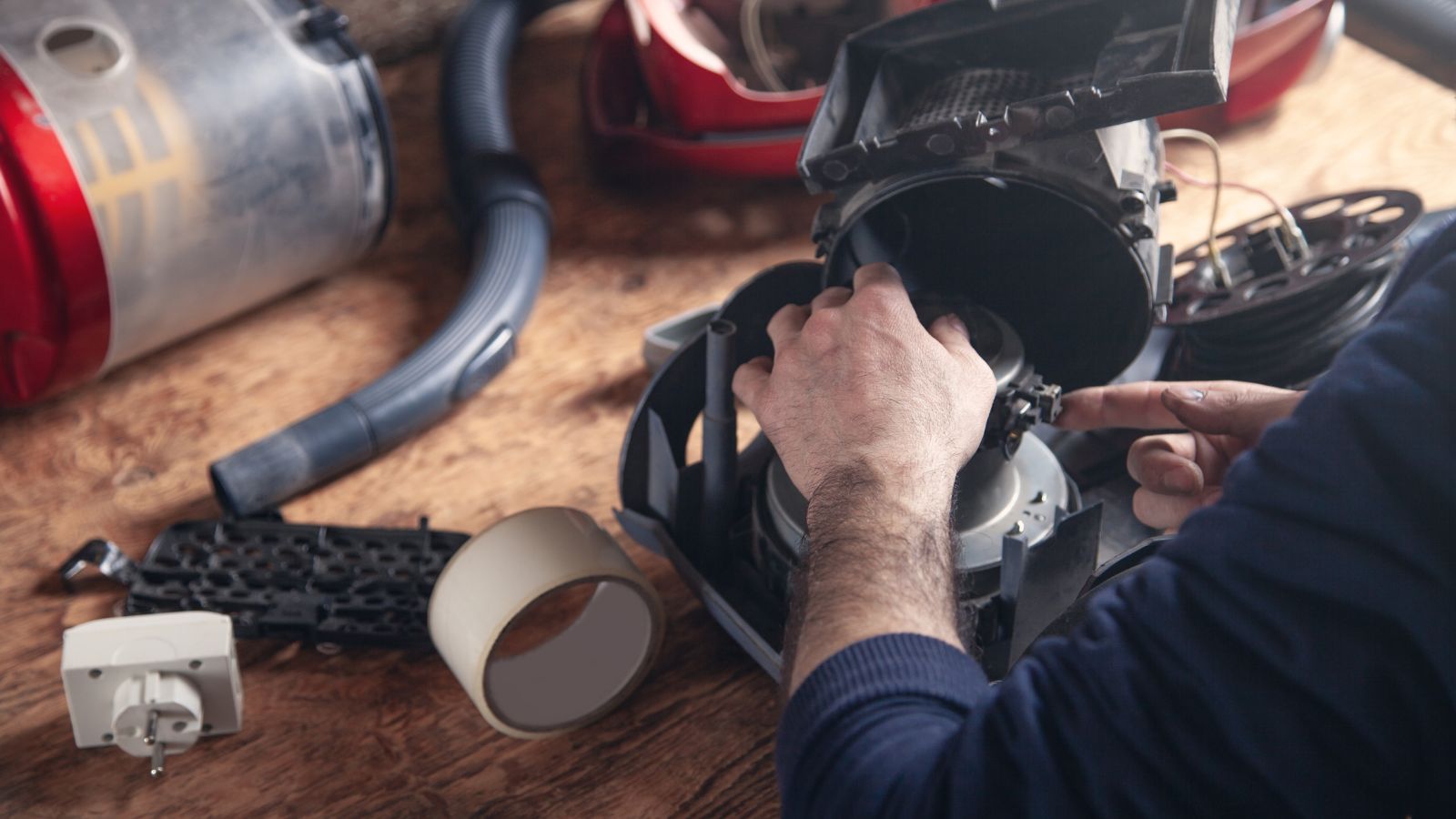As the winter chill fades away, spring brings a renewed energy and desire to spruce up our living spaces. Whether it’s tackling long-overdue renovations or addressing essential repairs, homeowners often find themselves facing the question of how to fund these projects. One solution that can unlock your home’s hidden value is tapping into your home equity – the portion of your property you own.
What is Home Equity?
Home equity represents the difference between your home’s current market value and the outstanding balance on your mortgage. As you make mortgage payments over time, your equity grows, providing you with a valuable asset that can be leveraged for various purposes, including home improvements.
The Advantages of Using Home Equity
Utilizing your home’s equity to finance spring repairs offers several key benefits:
- Lower Interest Rates: Home equity loans and lines of credit typically come with lower interest rates than credit cards or personal loans, making them a more cost-effective financing option in the long run.
- Tax Deductions: In certain cases, the interest paid on home equity loans or lines of credit used for home improvements can be tax-deductible, further reducing the overall cost of your project.
- Flexible Access to Funds: With a home equity line of credit (HELOC), you can access funds as needed, providing flexibility for tackling multiple projects or handling unexpected expenses throughout the renovation process. Many lenders offer HELOC without appraisal, saving time and speeding up fund access.
- Potential Home Value Increase: Well-executed home improvements can potentially increase the value of your property, making the investment worthwhile when it comes time to sell or refinance your home.
Qualifying for a Home Equity Loan or Line of Credit
To qualify for a home equity loan or line of credit, lenders typically consider the following factors:
- Equity Ownership: Lenders generally require that you have a significant amount of equity in your home, often around 20% or more of the property’s value.
- Credit Score: A strong credit score demonstrates your creditworthiness and ability to repay the loan, increasing your chances of approval and securing a favorable interest rate.
- Income and Employment: Lenders will evaluate your income and employment history to ensure you have the means to make consistent loan payments.
- Debt-to-Income Ratio: Your debt-to-income ratio (DTI) is a crucial factor, as lenders want to ensure that your total monthly debt payments, including the new home equity loan or line of credit, do not exceed a certain percentage of your gross monthly income.
Exploring Alternative Financing Options
While home equity loans and lines of credit are popular for financing spring repairs, they may not be suitable for everyone. In such cases, you might consider alternative financing options like loans from CreditNinja or other reputable online lenders, personal loans, or credit cards with introductory 0% APR offers.
Responsible Borrowing and Budgeting
Regardless of the financing option you choose, it’s essential to approach home improvement projects with a well-planned budget and a responsible borrowing mindset.

Carefully evaluate the costs, prioritize your projects, and ensure that you can comfortably manage the loan payments without stretching your finances too thin.
Maximizing the Value of Your Investment
When undertaking home improvements, it’s crucial to strike a balance between investing in projects that enhance your living experience and those that can potentially increase your property’s value. Consider the following tips to maximize the return on your investment:
- Focus on High-Impact Projects: Prioritize renovations that have a proven track record of increasing home value, such as kitchen and bathroom remodels, energy-efficient upgrades, or adding livable square footage.
- Enhance Curb Appeal: Investing in landscaping, exterior painting, or replacing outdated siding can significantly improve your home’s curb appeal and make a lasting impression on potential buyers.
- Consider Long-Term Maintenance: While it may not be the most exciting aspect, addressing maintenance issues like a new roof, updated plumbing, or energy-efficient windows can prevent costly repairs down the line and add value to your home.
- Hire Professional Contractors: While DIY projects can save money upfront, they may not yield the same quality or value as professionally executed work. Consider hiring reputable contractors to ensure your renovations are completed to the highest standards.
Conclusion
Spring is the perfect time to breathe new life into your home and tackle those long-awaited repairs and renovations. By exploring the option of tapping into your home’s equity, you can unlock a valuable source of financing and invest in projects that enhance your living experience and potentially increase your property’s value. Remember to carefully assess your options, budget responsibly, and prioritize improvements that will provide the greatest return on your investment.



More Stories
The Arboreal Shift: High-Design Verticals and the Future of Residential Solitude
How Law Mediation Services Help Resolve Legal Disputes Efficiently
Create a Family Safety Binder at Home